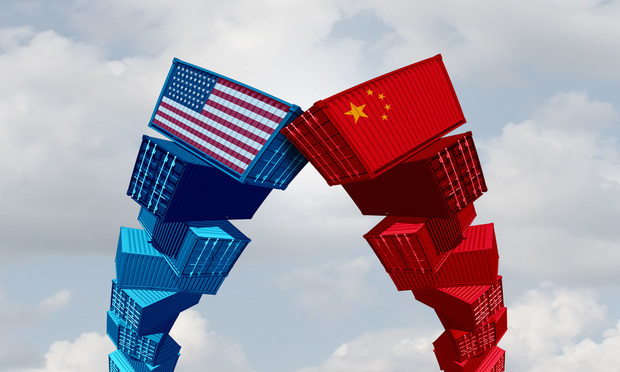In the News: Trade War Breakthrough; FIL Implementing Rules Approved; and Cultural Industry Boost
December 16, 2019 | BY
Vincent ChowChina, U.S. agree terms of limited phase one trade deal; draft implementing regulations for foreign investment law approved; and draft law published on promoting China's cultural industry
China, U.S. Reach Limited Trade Deal
China and the U.S. have agreed the terms to a limited phase one deal in the ongoing trade war. Both countries have confirmed the deal, which marks a significant breakthrough in what has been over a year of tit-for-tat tariffs placed on each other's goods. China has pledged to purchase more U.S. agricultural goods, according to U.S. officials, while the U.S. will shelve further tariff hikes as well as reduce some existing ones.
This premium content is reserved for
China Law & Practice Subscribers.
A Premium Subscription Provides:
- A database of over 3,000 essential documents including key PRC legislation translated into English
- A choice of newsletters to alert you to changes affecting your business including sector specific updates
- Premium access to the mobile optimized site for timely analysis that guides you through China's ever-changing business environment
Already a subscriber? Log In Now





